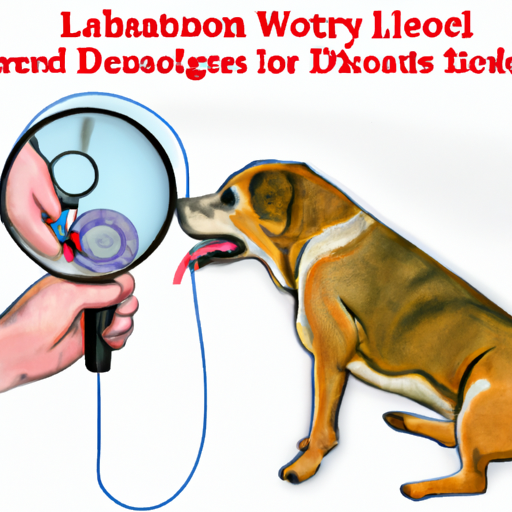Addison’s disease, also known as hypoadrenocorticism, is a serious condition that affects your dog’s adrenal glands. Understanding the early signs of this condition can be lifesaving. Here’s what you need to know.
H2: Understanding Addison’s Disease
Addison’s disease occurs when your dog’s adrenal glands fail to produce enough hormones cortisol and aldosterone. Cortisol helps your dog respond to stress and reduces inflammation, while aldosterone controls the body’s levels of sodium and potassium. Lack of these hormones can lead to critical health issues.
H2: Early Symptoms of Addison’s Disease in Dogs
The early signs of Addison’s disease can be subtle and easy to miss. You might notice:
-
Lethargy: Your dog might seem tired all the time.
-
Poor appetite: Your dog may lose interest in food.
-
Vomiting: Regular bouts of vomiting are a common symptom.
-
Diarrhea: This might be persistent or intermittent.
-
Trembling or shivering: This symptom is often mistaken for being cold.
-
Muscle weakness: Your dog might have trouble standing or walking.
| Symptoms | Frequency |
|---|---|
| Lethargy | Often |
| Poor appetite | Often |
| Vomiting | Sometimes |
| Diarrhea | Sometimes |
| Trembling | Rare |
| Muscle weakness | Rare |
H2: Monitoring Your Dog’s Health
Keep a close eye on your dog’s behavior, eating habits, and overall wellness. Regular vet check-ups and blood tests can help detect Addison’s disease early.
H2: Treatment and Management of Addison’s Disease
Early detection and treatment can significantly improve your dog’s prognosis. Treatment usually involves hormone replacement therapy and dietary changes.
H2: Preparing for Your Vet Visit
Make a list of all the symptoms you’ve noticed. Be sure to mention any changes in your dog’s behavior, appetite, and energy levels.
Frequently Asked Questions
Q: Is Addison’s disease curable in dogs?
A: No, Addison’s disease is not curable, but it is manageable with the right treatment and care.
Q: Can a dog live a normal life with Addison’s disease?
A: Yes, with proper management, dogs with Addison’s disease can lead a normal, healthy life.
Q: Are certain breeds more susceptible to Addison’s disease?
A: Yes, certain breeds like Great Danes, Rottweilers, and West Highland White Terriers have a higher risk.
Remember, your vet is your best resource when it comes to your dog’s health. Early detection is key to managing Addison’s disease and ensuring your dog lives a happy and healthy life.



